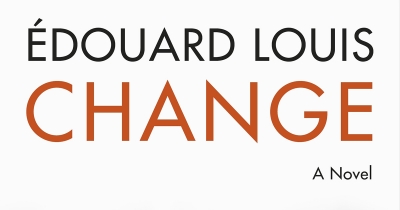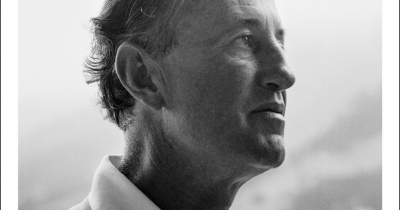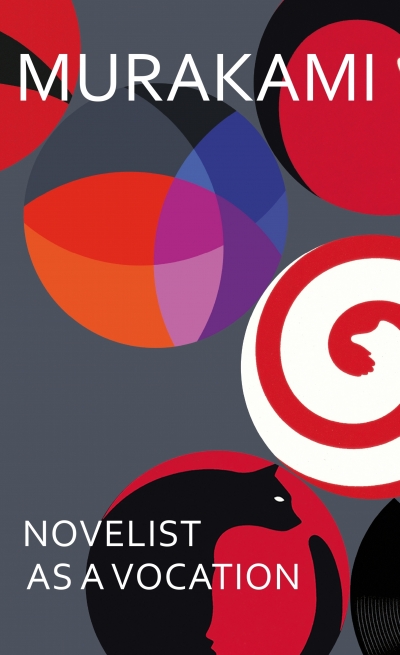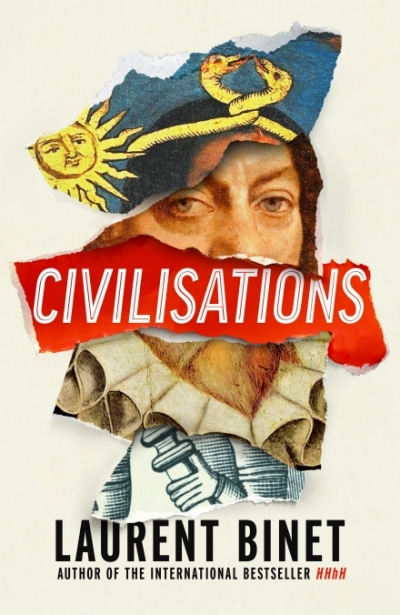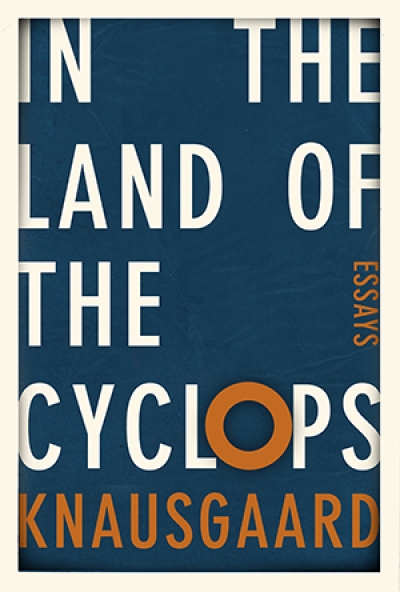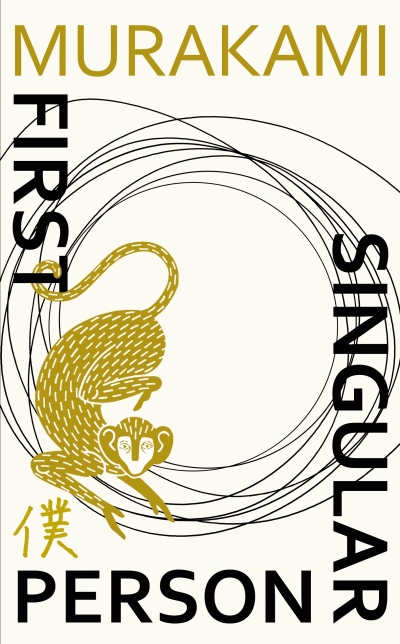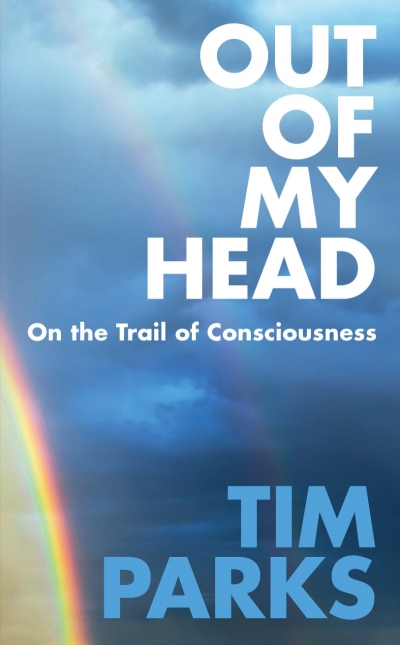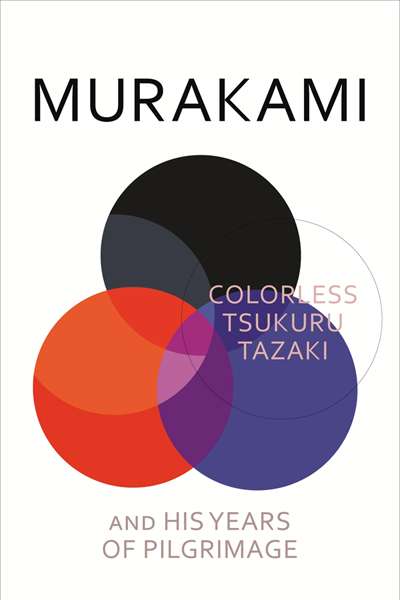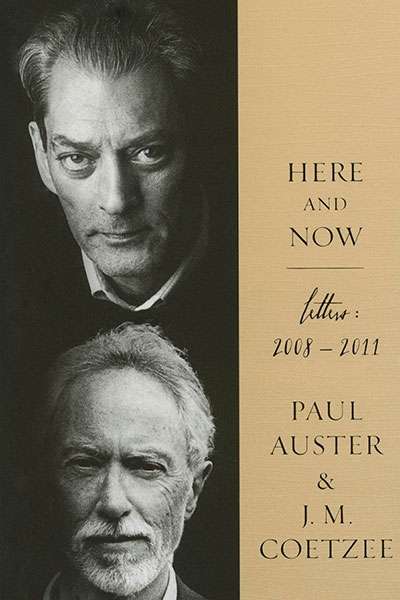Harvill Secker
Ian Fleming: The complete man by Nicholas Shakespeare
by Paul Kildea •
Novelist as a Vocation by Haruki Murakami, translated by Philip Gabriel and Ted Goossen
by Cassandra Atherton •
Civilisations by Laurent Binet, translated by Sam Taylor
by Cristina Savin •
Colorless Tsukuru Tazaki and His Years of Pilgrimage by Haruki Murakami
by Alison Broinowski •
Here and Now by Paul Auster and J.M. Coetzee & Distant Intimacy by Frederic Raphael and Joseph Epstein
by Miriam Cosic •

